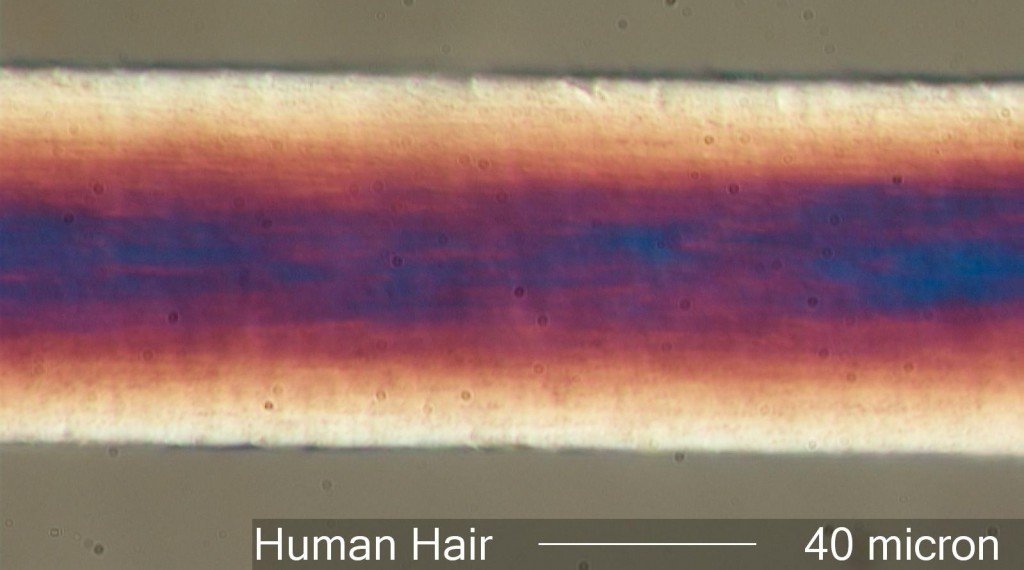It’s common held belief that violent criminals often suffer from a long history of mental illness that drives their destructive or murderous behavior. But new research published Clinical Psychological Science by APS fellow Jennifer Skeem and colleagues form University of California says the link between mental illness and violence isn’t so strong as we thought.
 Image via medicaldaily
Image via medicaldaily
To investigate the relationship between psychosis – that they defined as a severe mental disorder accompanied by delusions and hallucinations – and acts of violence, the team mined data from the . This gave them information on over 1,ooo violent offenders, who were interviewed every 10 weeks for a year after their release from incarceration.
The aim of the MacArthur study was to examine if participants committed any violent acts (for example physical injury, sexual assaults or use of a weapon) and whether the acts were preceded by psychotic events. The study also included data on the participants’ other personality traits or disorders, cognitive abilities and problematic behaviors.
 “The Scream” is considered an illustrative work of art for feelings of anxiety and is associated with psychotic events.
“The Scream” is considered an illustrative work of art for feelings of anxiety and is associated with psychotic events.
Image via lookfordiagnosis
The team’s results showed what experts have been saying for years – most violent crimes can be traced back to a small group of repeat offenders. About 10% of individuals were responsible for 50% of the violent incidents that occurred in the year after their release. Out of these, about half reported symptoms of psychosis such as delusions or hallucinations at one point during their interviews. However, only 12% of incidents were preceded by symptoms consistent with psychosis, suggesting that the link between the two was rather weak.
But Skeem and his colleagues wanted to know whether some individuals routinely experienced psychosis before each violent act, if they acted as the trigger for the incidents, however infrequent the instances of psychosis-preceded violence proved to be.
Using multilevel modeling, they determined that there were mainly two types of repeat violent offenders: those that at no point experienced psychotic events before violence (80% of the sample) and those that only occasionally experienced psychosis before violence (15%).
The popular conception of violent criminals, driven to kill by a psychotic event is thus actually pretty rare, characteristic to only 1 in 20 of repeat offenders.
“There is little evidence for a subgroup with exclusively psychosis-preceded violence,” the study concludes.
The findings also shed some light on the inner workings of individuals who sometimes experience psychosis prior to committing violent acts and those who never did so. Those with occasional psychosis were more likely to also show bipolar disorders, schizophrenia, and other mental disorders. Those who never displayed psychosis prior to violence tended to score lower on verbal intelligence and showed greater antisocial tendencies. These patterns were subtle, however, and the authors suggest that they provide interesting avenues for further research.
Skeem and colleagues conclude that although symptoms of psychosis should be tracked and evaluated in violent offenders, prescribing different treatments to different types of offenders based on diagnoses of psychosis may not be the best use of resources.
“Effective treatment of psychosis will have negligible direct effects on violence for most patients and important but partial effects for the remainder,” the researchers write.
Instead, the authors recommend that “programming for individuals with repeated violence may need to encompass factors associated with social deviance, whether patients occasionally engage in acts of violence related to psychosis or not.”
In other words, providing anger management treatment to all repeat violent offenders may be more effective at reducing violent crime than offering specialized treatment to those who experience psychosis.
To read more of the researchers’ work exploring links between mental illness, personality, and crime, check out , , and .



